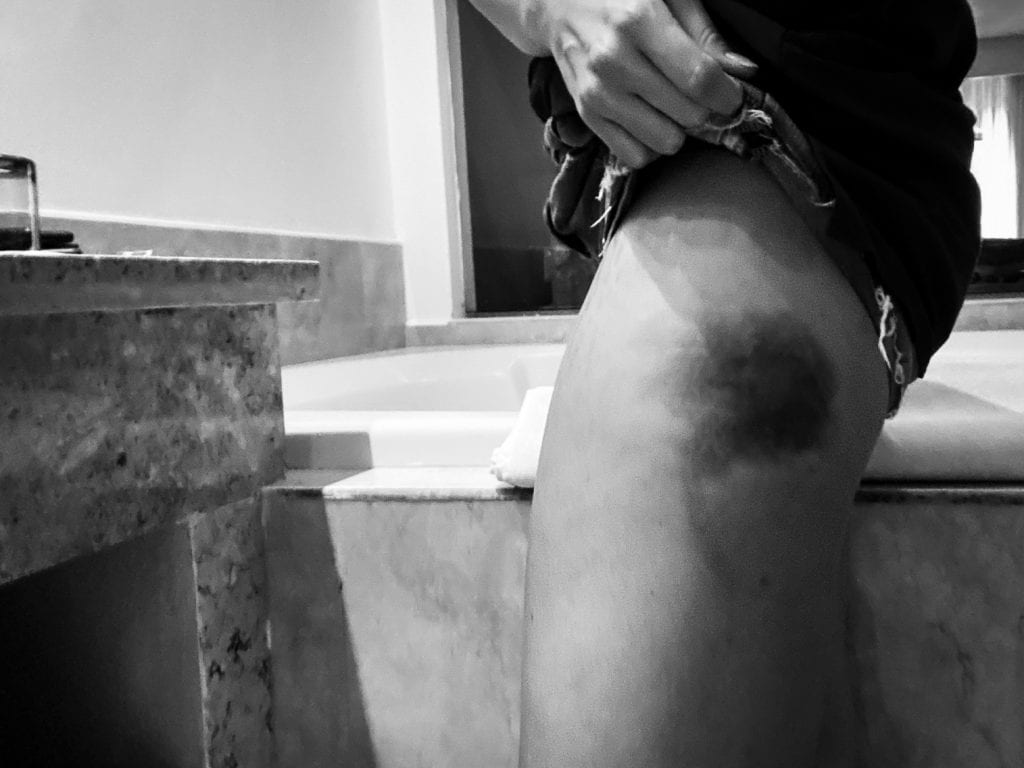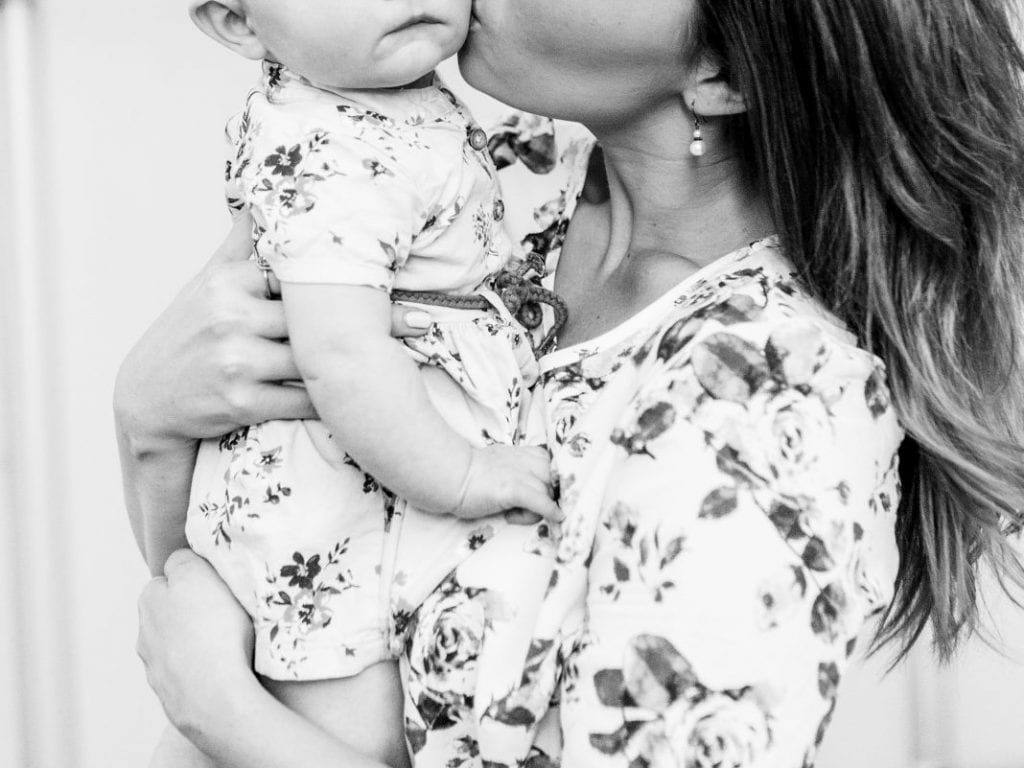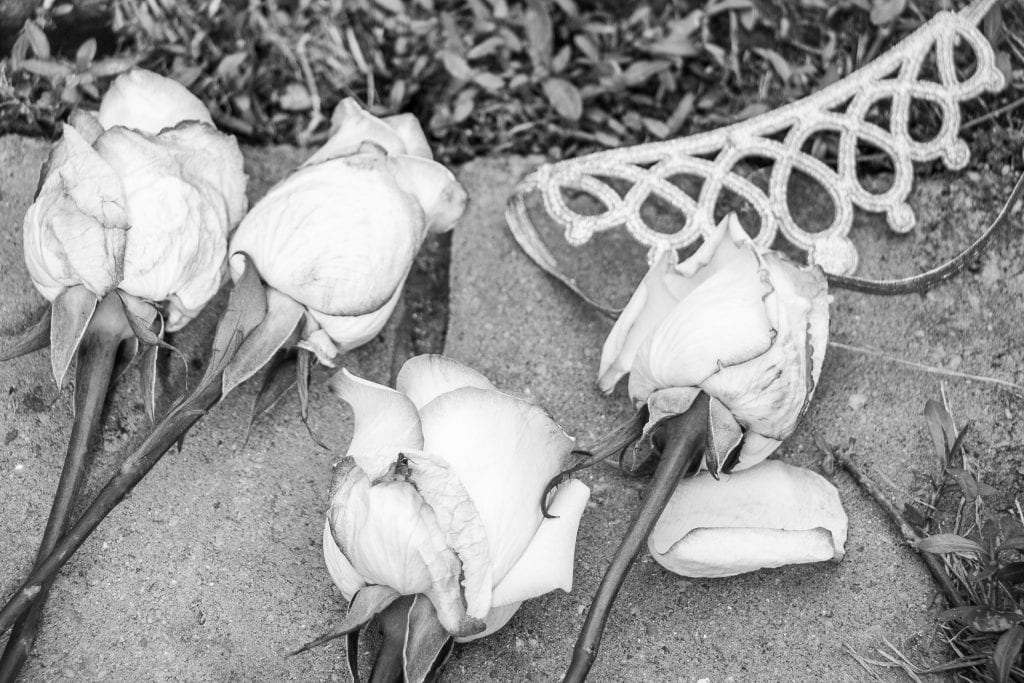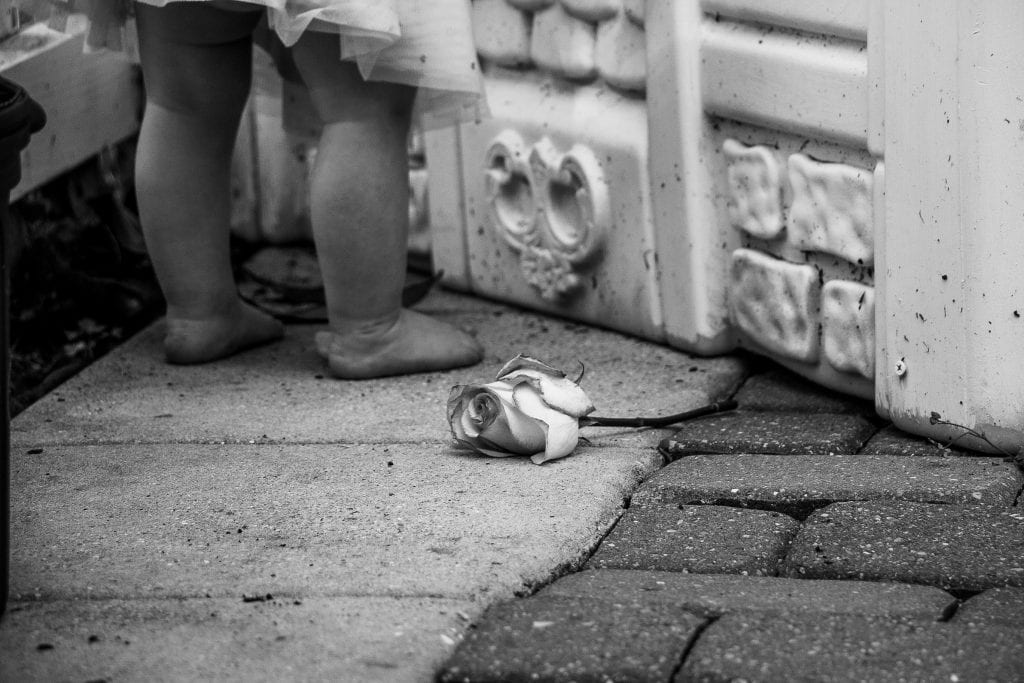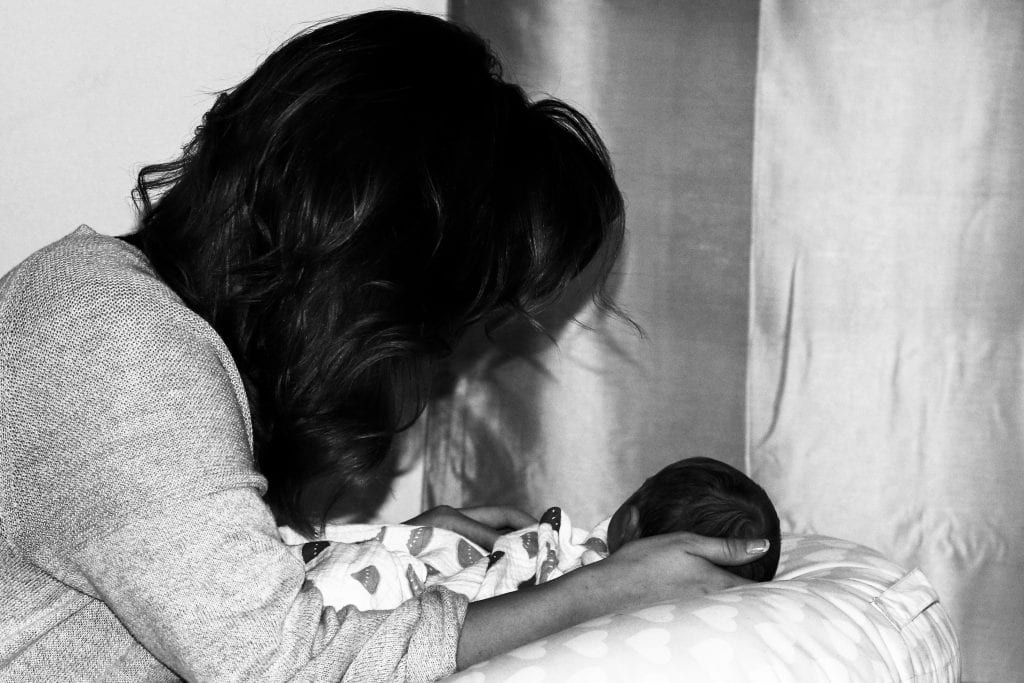I volunteer. I do Pilates. I run. Generally speaking, I look like a fairly put together person. I have a decent job. I’m well-spoken. If we met at Java Mama, a BREC park, or an LSU watch party, you’d have no clue that I had been going home to a physically and emotionally abusive relationship for nearly two years. Through countless counseling sessions and conversations with friends and family, I got myself and my daughter out.
Recently, on the Betrayal Trauma Recovery podcast, I heard a guest say “an isolated victim is a controlled victim.” I’ve now realized the severely awful times were the times I was isolating myself from others. I was kicked, choked, slapped, called a sl*t, etc. all during the times I was avoiding phone calls and putting on an “everything is fine” face at church.
My shower revelation
It took two years and so many awful events, but after having an amazing support system for so long, I finally left. I call it my shower revelation. It was a Saturday and my husband didn’t come home in the afternoon. He should have been home at noon, but didn’t come back until just short of midnight.
This was very far from the first time this had happened. Around 8pm, I was screaming at this man over the phone in the shower. Screaming to get him to understand how bad this was hurting me. Screaming to get him to understand his whereabouts and plans didn’t make any sense. Screaming in hopes he would realize how not normal this was.
Then, it hit me
I was thinking of a conversation I had with my best friend’s mom the day before, when his normal responses came flying in (“You’re being overdramatic,” “I’d come home if you were more pleasant to come home to,” etc.). I stopped screaming and just calmly said “okay.” I decided in that moment I was done. It was so anticlimactic and nothing like the movies.
I have no doubt in my mind that I’d still be in that relationship if it weren’t for the supportive people that surrounded me, always picked up the phone, and snapped me back into reality. Knowing that I had my friends and family to run to made this so much easier to walk away and stay away from. Here’s how you can be supportive to someone you love that is in an unhealthy relationship.
Support from love
My therapist says (I guess I’m the type of person that starts off sentences that way now) that being in an abusive relationship is like being on an island, while everyone else is on the continent. To get to the continent, there’s a long, long bridge that has to be built.
I’m confident that every loving, productive conversation I had with my friends and family that ended with “we support your decision, but we want you to be safe” and helped me implement a plan was a board in my bridge.
On the contrary, when I had a conversation with someone who tried to shame me out of it, there was a board taken away. A few sheriffs laughed at me and made fun of me when I went to them for the second and third time. Friends told me “if you go back to him, I’m not talking to you anymore.” These interactions made it so much easier to believe the lies I was being told about myself at home.
Support from love, but make the implications clear
One of the biggest “boards” in my journey was a family member explaining I was liable for his mistakes. For example, I would have been liable if he had angrily gotten drunk, gotten behind the wheel, and killed someone.
When our third (yes, you heard that right) marriage counselor looked at me at our first session and told me “If I hear of any of this happening moving forward, I will be reporting it,” the guilt of someone else needing to report this overcame me. I was setting such an awful example for my daughter. The next time it happened, I reported it and got a restraining order.
Understand how hard it is
I had scripts in my head for what I would do if I ever found out my future husband cheated on me, hit me, etc. The reality: it freezes you. Then, you have this tiny, vulnerable human being that is depending on you and takes up so much of your mental space. Then, by the time you’re able to make sense of it all, the abuser is typically apologizing, love bombing you, telling you he/she will get help, etc.
According to the National Domestic Violence Hotline, it takes a person, on average, 7 times to leave an abusive relationship. I know there were points over the last couple of years that my friends and family were so aggravated with me, but they never turned away from me. The more I’m learning about the psychology behind the abuse cycle, the more grace I’m able to give myself and the more settled I get in “the continent.” I believe it is the support from friends and family that have the biggest impact in getting someone out of an unhealthy relationship. Support with love, be realistic, and have patience.










